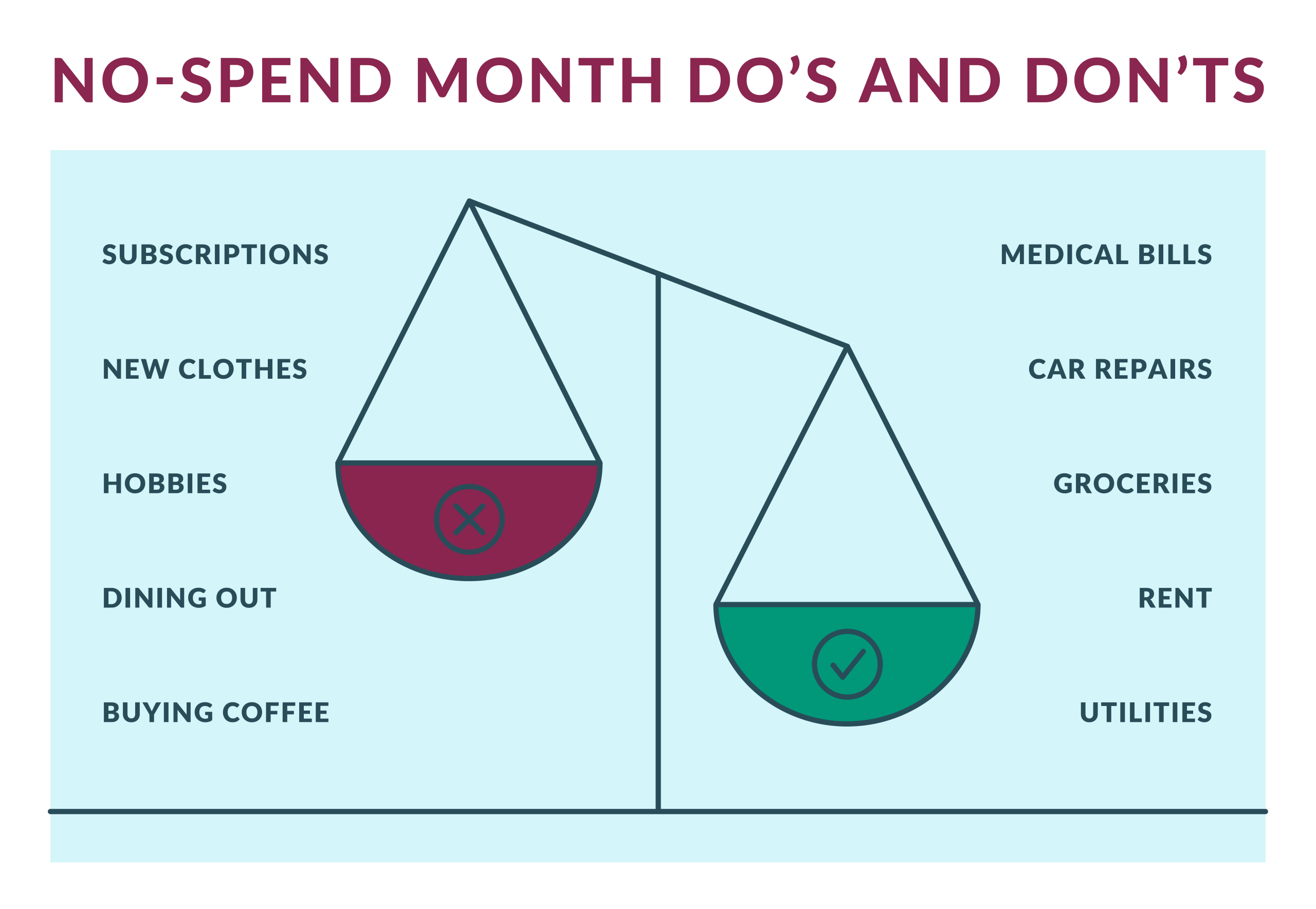Anúncios
Mortgage pre-approval is an important and strategic step for anyone in the United States looking to buy a home.
This process, which precedes active property searching, provides a clear view of how much you can actually borrow, strengthening your position as a buyer in the competitive real estate market.
We’ve gathered essential information and demystified mortgage pre-approval, explaining everything from the basic concept to the practical details of how to obtain it. Check it out!
What is mortgage pre-approval?
Mortgage pre-approval is a preliminary assessment conducted by a lender (bank, credit union, or financial institution) to determine the maximum loan amount they are willing to offer you.
Thus, pre-approval involves a more in-depth analysis of your financial situation, including income, credit history, assets, and debts.
By obtaining mortgage pre-approval, you receive a letter or formal document demonstrating to sellers that you are a serious and financially prepared buyer.
Does pre-approval mean you will get the mortgage?
Not necessarily. Mortgage pre-approval is a strong indication that you will likely be approved for a loan, but it is not a guarantee.
Final mortgage approval depends on other factors, such as the appraisal of the property you intend to buy and the final verification of your financial situation before closing the deal.
However, having a mortgage pre-approval significantly increases your chances of successfully obtaining financing.
Why is it advisable to get pre-approved?
There are several advantages to obtaining mortgage pre-approval. Firstly, it provides a realistic budget for your property search, preventing you from falling in love with homes that are beyond your financial means.
Mortgage pre-approval also shows sellers that you are a serious and qualified buyer, which can be crucial in competitive markets where multiple offers may be made on the same property.
Similarly, this process gives you a competitive edge, showing that you already have financing underway.
Therefore, mortgage pre-approval speeds up the purchasing process, allowing you to quickly move forward with an offer as soon as you find the ideal home.
What is the difference between mortgage pre-approval and pre-qualification?
The main difference between mortgage pre-approval and pre-qualification lies in the level of detail in the financial analysis.
Pre-qualification is an initial estimate based on basic information you provide to the lender, such as income and credit estimate.
Mortgage pre-approval, on the other hand, requires the submission of supporting documents and a more comprehensive analysis of your financial situation.
Thus, mortgage pre-approval is a more robust and reliable document, carrying more weight in the real estate market.
Important information for a mortgage pre-approval
To obtain mortgage pre-approval, you will need to provide detailed information about your financial situation. Lenders generally assess the following aspects and documentation:
- Identification: You need to provide basic identification information, such as full name, Social Security number, date of birth, and address.
- Income: You must prove your income through pay stubs, tax returns (W-2s, 1099s), and other relevant documents. Lenders will analyze your gross monthly income and employment stability.
- Assets: Your assets, such as bank accounts, investments, and other properties, will be assessed to determine your financial capability. Bank statements and brokerage statements are common documents at this stage.
How to get pre-approved for a home loan
The process of obtaining mortgage pre-approval involves some important steps, so we have brought them to you with more clarity.
Get your credit score
Your credit score is a crucial factor in the approval of your mortgage and the interest rates you will receive.
Thus, check your credit score and take steps to improve it, if necessary, before starting the mortgage pre-approval process.
Request credit history
Obtain copies of your credit history from the three major credit agencies (Equifax, Experian, and TransUnion) to check for errors or inconsistencies.
In this regard, keep in mind that correcting any issues in your credit history is crucial for obtaining good mortgage pre-approval.
Gather personal information
Organize all necessary documents, including income proof, bank statements, tax returns, and other documents that prove your financial situation.
As explained above, having these documents at hand is essential, just as it speeds up the mortgage pre-approval process.
Calculate debt-to-income (DTI)
Calculate your debt-to-income (DTI) ratio, which is the percentage of your gross monthly income dedicated to debt payments.
This is because a lower DTI generally indicates a greater ability to pay and can result in better loan conditions in your mortgage pre-approval.
Contact lenders and get pre-approved
Contact different lenders (banks, credit unions, online lenders) to compare interest rates and loan conditions.
Each lender will have their own evaluation criteria, so it is important to research and compare options before requesting your mortgage pre-approval. Once you have made your choice, wait for the result.
Is there an expiration date for pre-approval?
Yes, mortgage pre-approval generally has a validity of 60 to 90 days. This is because your reported financial situation may change during this period, as well as your documentation.
That is, if you do not find a property within this timeframe, you will need to update your mortgage pre-approval with recent financial information.
Does pre-approval affect credit score?
Credit inquiries made by lenders as part of the mortgage pre-approval process can slightly affect your credit score.
However, several inquiries made within a short period (typically 14 to 45 days) for the same type of loan (such as a mortgage) count as a single inquiry.
This minimizes the impact on your score. Therefore, it is advisable to compare different lenders and obtain several mortgage pre-approvals in a short space of time to minimize any negative impact on your credit score.
Mortgage pre-approval is important in the home buying process, providing more financial clarity and strengthening your position as a buyer.
Continue exploring our site for more comprehensive information about mortgages and credit history! Also read about how to secure the best financing rate and save for your property.






